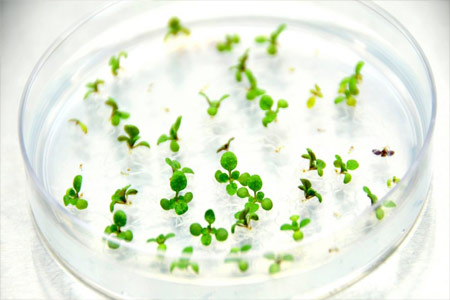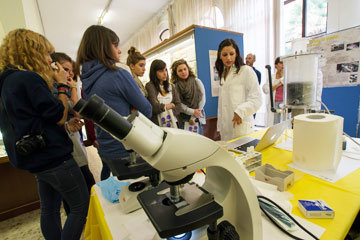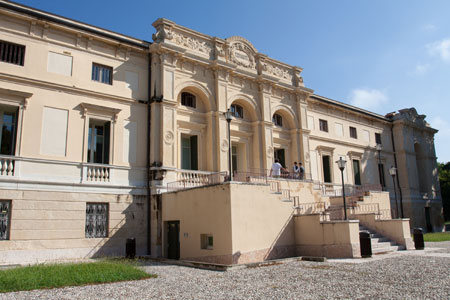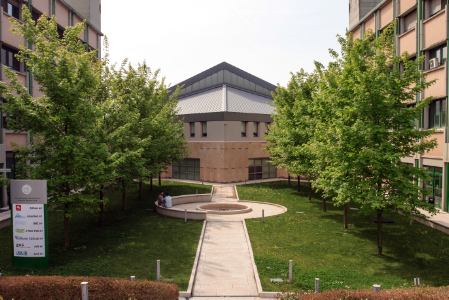This project aims at developing an innovative and commercially competitive production platform for astaxanthin, a strong antioxidant utilized in different fields, from healthcare to food/feed supplementation. The Astaxanthin market is expected to reach USD 2.57 billions by 2025. As of today, production and purification of large amounts of astaxanthin are still challenging, rendering this procedure highly expensive due to the difficulty of extraction of this carotenoid from Haematococcus pluvialis, the main microalgae used for its production. The bottleneck in astaxanthin extraction derives from the presence of rigid cell walls in the algal species utilized, which negatively affect yield and quality of the recovered bioactive compounds. Furthermore, in contrast to other algal strains, H. pluvialis is much more difficult to grow, impacting on biomass production in large scale photobioreactors, which in turn further decrease astaxanthin potential yields. To avoid these technical obstacles, the use of an alternative platform, which combines increased biomass growth conditions coupled to easier extraction and purification steps will result in the construction of a commercially viable system to produce high-value compounds, beneficial to human health. To this purpose, this research project has the objective to integrate new microalgae strains developed at the University of Verona with an innovative indoor cultivation system developed at the industrial partner TORMEC AMBROSI srl. The green alga Chlamydomonas reinhardtii, with a weaker cells wall compared to other species, has been genetically engineered to produce constitutively a high level of astaxanthin, while mutant strains of H. pluvialis have been selected for more efficient astaxanthin production. The astaxanthin productivity of these strains will be thus tested and boosted cultivating them at the BABYLON-ALGAE cultivation system at the industrial partner based on automatic control of the different growth parameters







